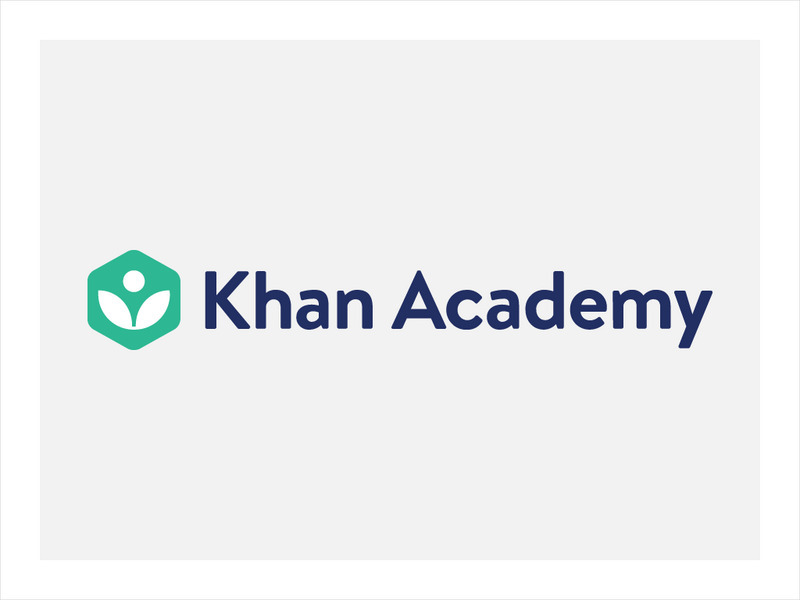Professor Dave Explains
Absolute Advantage vs. Comparative Advantage
Now that we've learned about specialization, we are ready to learn about absolute advantage and comparative advantage. This is something that can help an individual, company, or country determine what is in their best interests to...
Professor Dave Explains
Specialization and Division of Labor
We've already learned about trade, and this leads nicely into the concept of specialization. This is something that can be done by an individual, a company, or even an entire country, by focusing on a few skills, or the production of a...
Curated Video
Risk for single-sport kids supported by medical evidence
Experts say specialization makes more sense for self-driven athletes in their late-teens — before then, the ultimate goal in any sport should be to have fun.
Bloomberg
Bain & Co.'s Hoecker on Semiconductor Outlook
Oct.06 -- Anne Hoecker, Partner and Americas Technology Practice Leader at Bain & Co. discusses the semiconductor outlook. She speaks with Shery Ahn & Haidi Stroud-Watts on "Bloomberg Daybreak: Asia".
Bloomberg
Investor: Drones in Public Safety to Gain Prevalence
Dec.16 -- PwC puts the value of the drone industry at over $127 billion. And investment is flying into drone startups. In 2012, there was only one deal between a corporation and a startup. In 2015, there were 17 similar deals. Funding...
Bloomberg
Dissecting the Biggest ETF Trade Ever
Jun.07 -- Slawomir Rzeszotko, head of institutional sales and trading for Europe at Jane Street, joins Bloomberg's Scarlet Fu to discuss the biggest ETF trade ever, the use of passive ETFs by active management and his firm's role in ETF...
Bloomberg
Renault Hopes to Double Market Share in Southeast Asia
Apr.26 -- Carlos Ghosn, chairman and chief executive officer at Renault, discusses the company’s outlook in Asia and impact from globalization. He speaks with Haslinda Amin on “Bloomberg Markets: European Open.â€
Bloomberg
PJ Solomon CEO's M&A Expectations for 2020
Dec.18 -- Marc Cooper, PJ Solomon chief executive officer, discusses his expectations for M&A activity in 2020 with Bloomberg's Sonali Basak, Alix Steel and Romaine Bostick on "Bloomberg Daybreak: Americas."
Curated Video
Annual beer festival kicks off in Brussels
1. People holding glasses of beer, raising them and singing
2. Close-up of beer glasses
3. Men in heraldic uniforms blowing horns to announce of the festival
4. Wide of the public entering festival venue
5. Eric Beunckens of the Belgian...
Bloomberg
Saudi German Health President on Earnings, Outlook
Makarem Batterjee, President and Vice Chairman of Saudi German Health, discusses the company's full-year results. He speaks with Yousef Gamal El-Din on "Bloomberg Daybreak: Middle East".
The School of Life
Political Theory - Karl Marx
Every political theory needs a devil's advocate. Discussing Karl Marx with your classroom creates a healthy debate about the pros and cons of the capitalistic system and government. Last in a series of 13, the video includes primary...
TED-Ed
How Do Fish Make Electricity?
Shocking! Share the story of electric fish with young biologists for a fascinating lesson in specialized cells. The narrator of the video describes how some species of fish generate electric current, differentiates between weakly and...
Bozeman Science
Compartmentalization
Kleenex folded in a box is similar to mitochondria in a cell. Llearners explore how eukaryotic cells have specialized organelles that increase the surface area of the cell without making it smaller. E.coli, Halobacteria, and...
The School of Life
Political Theory - Adam Smith
Can capitalism have virtue? Adam Smith thinks so! The 12th video in a series of 13 discusses Smith's political and economic views. Pupils discover these concepts and more through primary source photographs and examples that relate to...
Crash Course
Revenue, Profits, and Price
Economists and accountants work with money every day, but their perspectives about that money can be very different. An informative video from Crash Course Economics explores basic elements of microeconomics, including economies of...
Crash Course
Specialization and Trade
Do companies work better when everyone works on everything, or when each person or department focuses on one specialized task? Explore the benefits of specialization and trade in the modern global economy with a explanatory video.
Bozeman Science
Cellular Specialization
Embryonic stems cells were only first discovered in 1998 — less than 20 years ago. The video explains what stem cells are (both pluripotent and totipotent), how they become specific types of tissues cells via internal cues such as the...
Curated OER
Plant and Animal Cell Overview: The Basics
George Wolfe explains the parts of a eukaryotic cell very energetically. Surface area and volume are reviewed in order to show that a giant amoeba could not exist. Show your junior high or high school class this video to begin talking...
Other
Bozeman Science: A Tour of the Cell
An in-depth look at the different types of cells, including prokaryotes and eukaryotes. Also includes a deeper discussion of each organelle and its contribution to the cell's life. [14:16]
Khan Academy
Khan Academy: Sanjayan: Visions of the Future
What can we learn from volcanic ash in Laetoli? Sanjayan discusses human interaction with the biosphere and how we are reconnecting with nature. [6:20]
Science Friday Initiative
Science Friday: A Decade After the Genome, Scientists Map the Proteome
Nearly all the body's cells contain identical DNA. So why does a neuron grow up so differently than a liver cell? Proteins, says Akhilesh Pandey, a professor at the Johns Hopkins University.
Khan Academy
Khan Academy: Where and Why Did the First Cities and States Appear?
Fueled by surplus crops, agriculture led to the formation of the world's first large-scale civilizations. [10:45]
Khan Academy
Khan Academy: Comparative Advantage, Specialization, and Gains From Trade
When two agents have differing opportunity costs, there is potential for both of the to benefit if they specialize in what they each have comparative advantage in This video explores how two parties can get better outcomes by...













